Want to pay off your mortgage faster or if you can qualify for a lower interest rate? Well! You can choose to refinance your mortgage money. But before proceeding it’s important to know the ups and down of the whole process as it can be intimidating and costly. So, here is what you need to know about it.
Meaning of Mortgage refinance
Mortgage refinancing means replacing an existing loan with a new loan generally with a lower interest rate than the current one. Basically, through this process person can save money on the monthly payment and interest paid over the term of the loan. Also, can take the advantage of a cash-out refinance, which allows building home equity and reduce-interest loan.
There are many different types of mortgage refinance. Some common mortgage refinance includes:
- Cash-out refinance
- Rate-and-term refinance
- FHA streamline refinance
- USDA streamline refinance
How to refinance mortgage money?
Refinance eventually lowers the interest rates and your monthly payments. Also, a cash-out refinance allows tapping to home equity to pay off credit cards or improve homes. So, If you want to easily refinance mortgage money but you aren’t sure how to start. Given below are the tips/ steps to guide you and help you start.
Set a refinance goal

Setting a clearfinancial goal to refinance is very important as there are many benefits associated with it, which includes lower interest rate, reduced monthly payments, eliminating private mortgage insurance, paying less in interest overall. Not only that but there can be other reasons for choosing to refinance. There are various loans offering different types of advantages.
For instance, like switching from adjustable-rate mortgage to a fixed-rate mortgage is a sure guarantee for a permanently lower rate. Having enough equity may also save you on mortgage insurance by switching from an FHA loans to a conventional mortgage. During refinance getting cash out is a cost-efficient way to borrow money. Also, average mortgage are lower than the rates on other loans products like, personal loans and credit cards. Cash-out refinance calculator can be used to figure out those numbers.
Thus, knowing your goals to accomplish with a refinance can help in finding out the type of mortgage product needed.
Read: How To Lower Your Mortgage Payment?
Check home equity
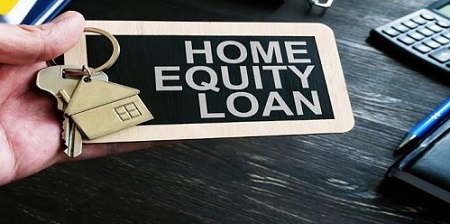
Home equity is the total value of the home minus what you owe on your mortgage. The amount of your home equity plays a major factor in approving for a refinance and also determining your refinance interest rate. You may qualify for a lower interest rate and lower fees if you have more home equity as lenders views on a borrower who have higher equity as less of a lending risk.
So, how to estimate or figure out your home equity?
To estimate your equity, look at the current mortgage statement to see the remaining balance on the loan than subtract that number from your home current value. Or get a real estate agent to run an analysis to find the current estimate value of your home.
Check credit score and credit report
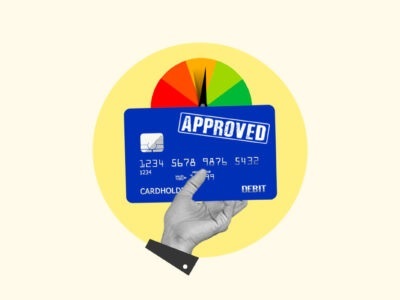
A decent credit score is needed to qualify for a refinance. The higher the credit score, the better refinance rates lenders will offer you. The exact eligibility criteria will depend on the type of loan choose and the individual lender. Experts says credit score of 740 and higher is considered to be “very good” to “exceptional”. However, 620 is usually the minimum required score for most mortgage lenders.
So, what you can do check your credit score if incase, you have a low score spend a few months boosting your credit score before starting the process. And checking the credit report is another important thing to do as credit score is based upon it. Check if there are any errors that may or is affecting your credit score in the report. And incase of any mistakes always be prepared with documents proving it.
Remember applying credit cards, personal loans or auto loan at the time or during the process of refinance can lower your score. So, be aware of any factors that can hamper your credit score.
Read: How To Get Approved For A Mortgage Loan With Low Income?
Calculate to see if refinancing will pay off
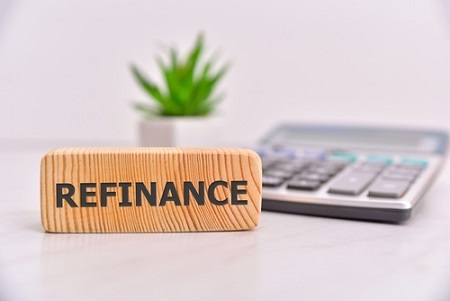
Basically, refinancing closing costs typically run between 2% and 5% of the total loan. To check if a mortgage refinance will be financially worth it, calculate the breakeven point. If you want to make refinance worth it, you need to recover the closing cost of the loan and save the money over the long term as well.
Moreover, to make it easier in finding out if a refinance is worthwhile for you, mortgage refinance calculator can be used.
Get your mortgage paperwork in order

Similar to the current mortgage applied, several documents are needed to apply for refinancing. Those documents include,
- Income and employment verification, i.e. tax returns, latest pay stubs, and two years of 1099’s forms.
- Asset statements, i.e. bank statements and retirement account statements.
- Debt Statements, i.e. documents of your current mortgage, credit cards, student loans or education loans.
Additional documentation can be required depending on the lender on their initial assessment of your finances. On deciding on a lender, find out if there are any other requirements so that you can be prepared ahead of time for a smoother process.
Read: What You Need To Know Before Buying A House
Look around for a mortgage lender, compare and choose a loan option
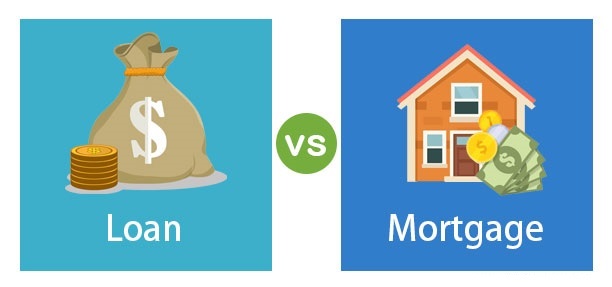
Try to shop around and compare different mortgage refinance lenders’ rates and fees to check which one offers the best packages. Which includes their interest rates, repayment terms, eligibility requirements, and fees charged by the lenders. Do your research, and choose the lender and loan options that work best for you.
Lock in your rates
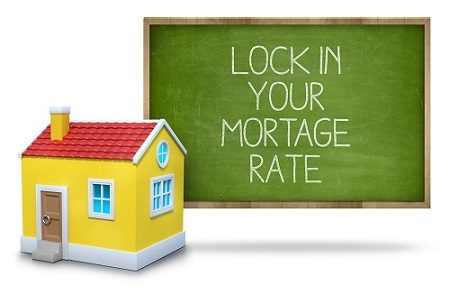
Rates sometimes goes up so if you have found the lenders then lock your finance rate so that your quote interest rate doesn’t rise even if national rates do. Usually, rate locks are made for a 15-60 days period. Rate lock can be free or charged depending on the lenders, especially when the rate-lock period is longer.
Remember if your lock doesn’t close in time, extending lock period can lead to additional fees.
Pros and Cons of Mortgage Refinance
Benefits of refinance mortgage money include,
- It can lower interest rate depending on your credit. Thus, save money over the life of your loan.
- Mortgage refinance can pay your home off sooner.
- It can shorten your repayment. And you’ll be able to pay off your mortgage faster and with saving money on interest.
- Tap into home equity
With every good thing comes its drawbacks as well. So, here are the cons of refinance mortgage.
- Like the current mortgage, the requirement for the new one is also similar. Eligibility criteria depends upon the mortgage lenders and one have to meet those stringent requirements.
- You have to pay a hefty amount for the Closing cost to refinance your loan.
- Higher monthly payment
- Total interest rates increase since the loan repayment time will be extended, that is from 15 years to 30-year loan.
Conclusion
No matter what your reason may be for considering refinance mortgage money, it is wise to know what you are stepping into. Knowing about the whole process, the common mistakes during the process and avoiding them is very important because it can increase your costs and undermine your goals as well.
Therefore, go through the following article, and definitely it will help you in choosing the best possible option needed. And remember to make sure that the refinance benefits you.

